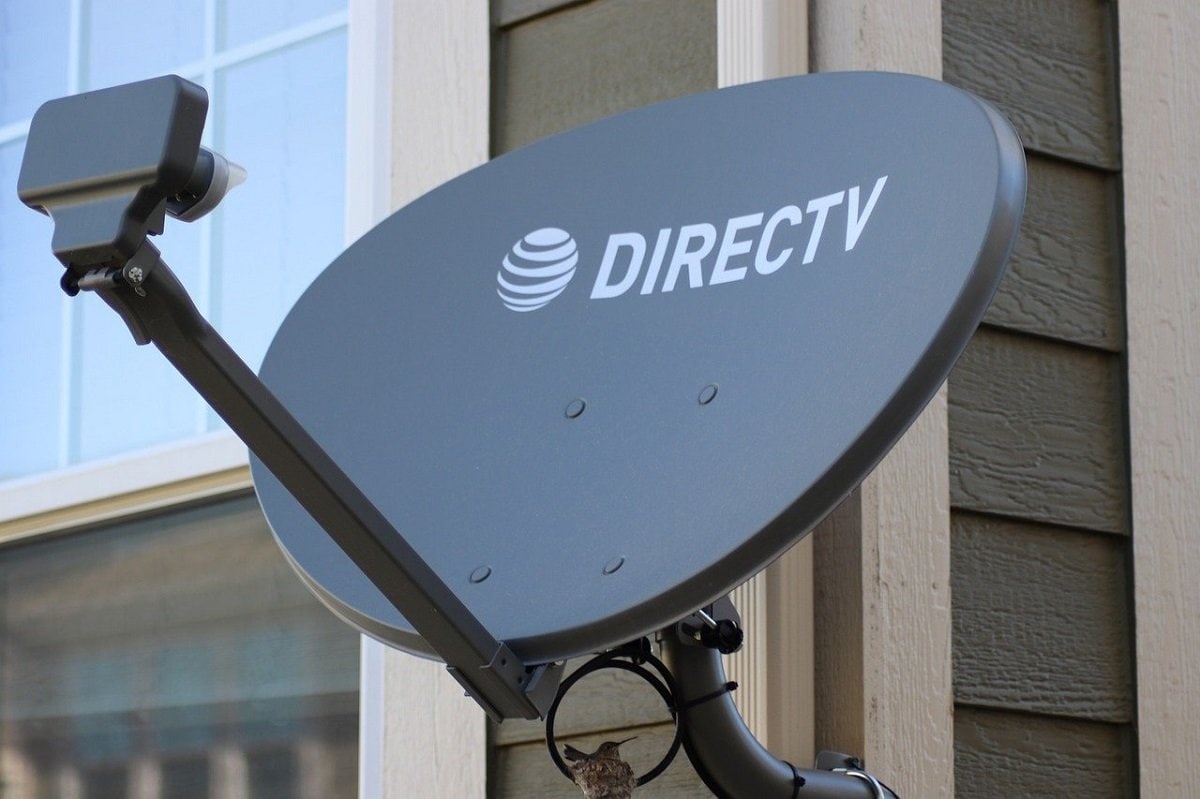Throughout the 1990s DirecTV and Dish Network were bitter rivals in the satellite pay-TV world. Each service was marketed as offering more channels than cable, and better features including on-demand libraries. Any talk of a merger between the two simply once seemed unthinkable. However, that was long before both companies began to hemorrhage subscribers.
Today, a merger not only makes sense, but it could also be the only thing that keeps the companies in the business. It would also instantly make for a significant pay-TV service with a large subscriber base, and one that could enable it to receive better terms when it comes to carriage fees from the content providers.
In January of this year, Dish Chairman Charlie Ergen had been noted for even referring to such a merger as “inevitable.” In addition, Dish named John Swieringa as a co-president of the company to oversee its nascent wireless division, while fellow co-president Erik Carlson was tapped to head the satellite video and Sling businesses.
Under such a reorganization, Dish could be easily split into two separate businesses, which could further pave the way for a partnership/merger with DirecTV.
DirecTV’s New Direction
It was also just a year ago that telecom giant AT&T spun off DirecTV along with its U-Verse IPTV service. The satellite operator and accompanying businesses are now jointly owned by AT&T and TPG Capital LP. Analysts have suggested that both Dish and DirecTV are well positioned for a merger – which could be what parent company AT&T has had in mind with the spin-off.
“We have suspected that a split is coming, and this seems like a small step in that direction. We think it would make sense for a number of reasons, including paving the way for a merger of the [satellite] business with DirecTV and improving strategic flexibility at Wireless,” NewStreet Research analyst Jonathan Chapin wrote in a research report in January.
First Merger Talks
This isn’t the first time that there has been talking of merging the two companies, and an original attempt to bring the two together was actually made twenty years ago in 2002 when Dish operated as EchoStar Communications. Regulators had cited the potential for a monopoly and rejected any potential deal.
That was then, but the situation is very different today. There is now far less of a threat of a TV monopoly as the companies are losing – not gaining – subscribers. Moreover, some experts even have suggested that a merger between the two satellite players likely will only prolong the inevitable – namely the end of the line for satellite TV in the streaming age.
Clearly, AT&T saw that satellite TV’s future is limited, while Dish apparently knows the clocking is ticking and hence is moving into the wireless business. A merger of DirecTV and Dish might even be necessary to keep them going for the next decade.
Past Mergers Light The Way
The bigger reason such a merger might go through is that other deals have been allowed, and it would be hard for regulators to cite monopoly concerns.
AT&T was allowed to move forward with a deal to acquire DirecTV followed by Time Warner. In addition, there have been some other high-profile mergers, which included Microsoft’s $68.7 billion acquisition of Activision Blizzard earlier this year, while Sprint and T-Mobile – the third and fourth largest wireless carriers – were allowed to close a two-year-long merger deal in April 2020, where T-Mobile emerged as the surviving brand last summer and came out stronger for it.
A Dish and DirecTV team-up also wouldn’t be the first time satellite players joined forces, as SIRIUS and XM completed their merger in July 2008. It brought together the two satellite radio services, and instead of less competition, it actually resulted in a service that benefitted subscribers by providing the best talent and channel offerings. Such a play might be repeated with DirecTV and Dish tying the knot.
Now a Senior Editor for 1945, Peter Suciu is a Michigan-based writer who has contributed to more than four dozen magazines, newspapers and websites. He regularly writes about military hardware, firearms history, cybersecurity and international affairs. Peter is also a Contributing Writer for Forbes

